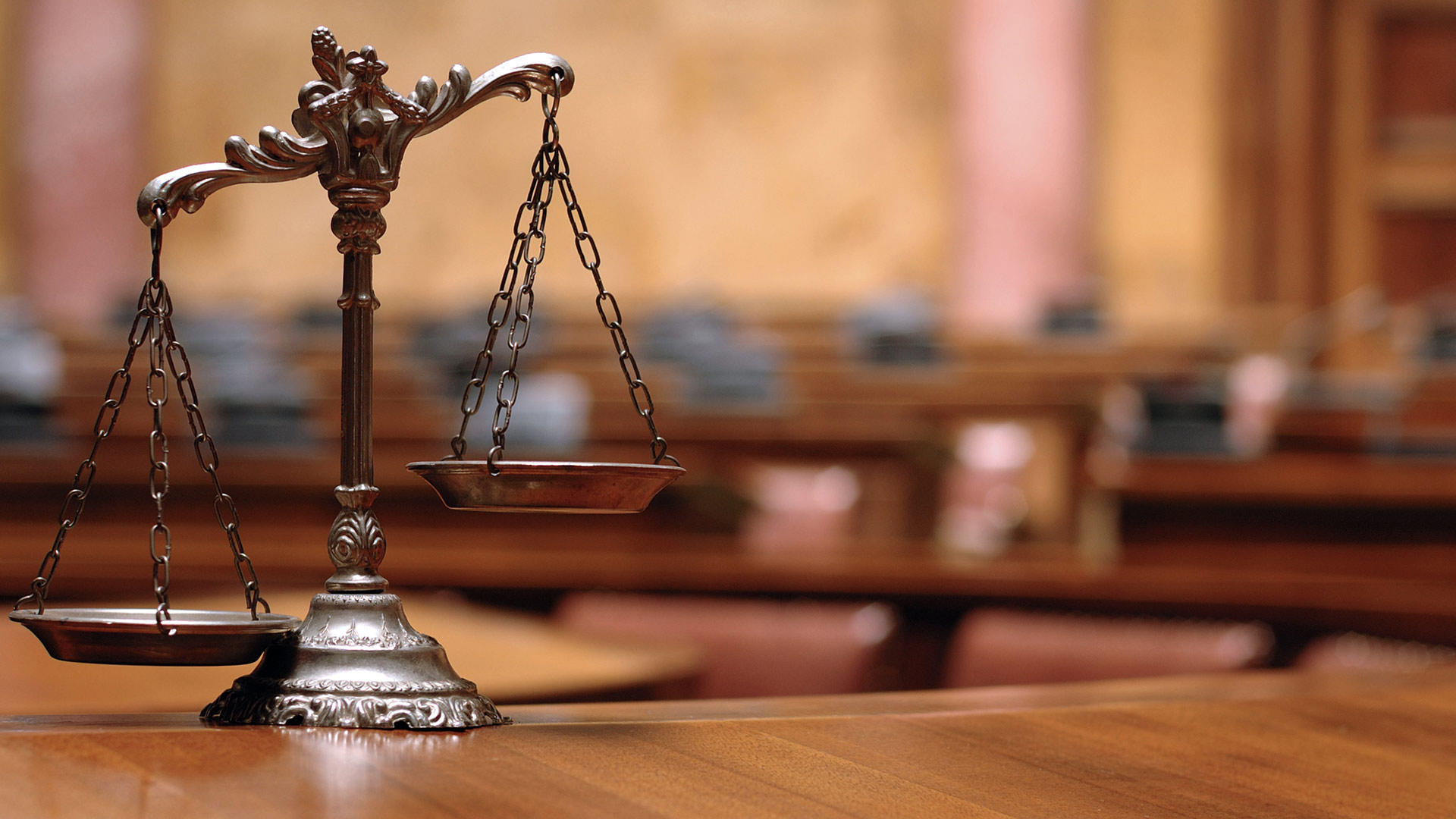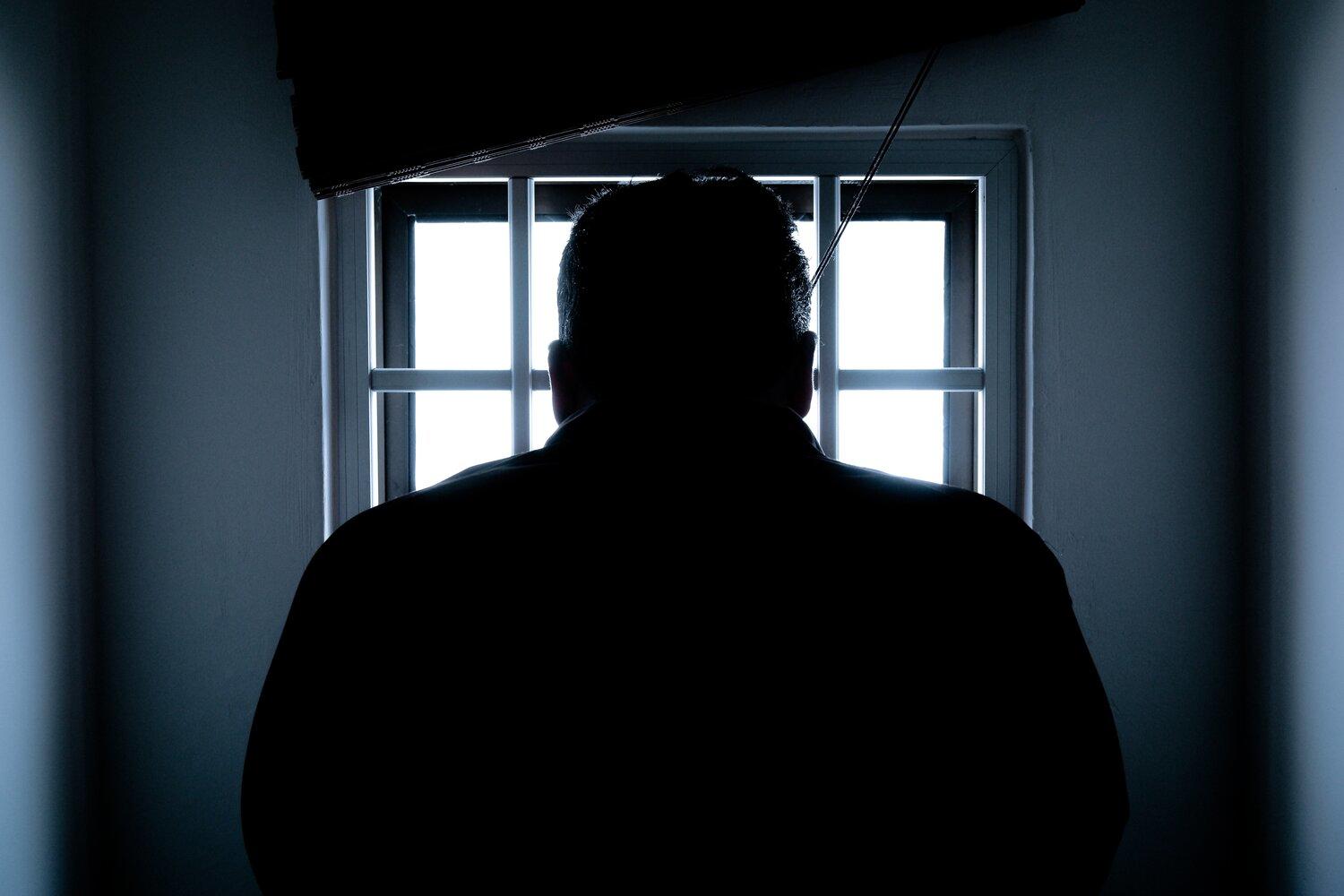Criminal law is the set of rules responsible for establishing penalties or security measures for the behavior of natural or legal persons who violate the rights of others. It is public, universal, and obligatory, and the parties cannot arrange it. This branch of the law explains what makes a crime and its punishment, which can be found under the Penal Code. Such crimes and punishments are meant to prevent vicious acts against another person's legal property. This article will unlock the mystery behind this subfield of lawyers in Canada. Enjoy your read!

Why Would You Hire a Criminal Lawyer?
Criminal lawyers are also called criminal defense lawyers or attorneys. Their primary responsibility is to defend people, groups, and governmental entities accused of criminal behavior or crimes. Depending on their role, a criminal defense attorney may be a prosecutor who brings charges and seeks to prove guilt or a defense attorney who works to acquit the accused or reduce penalties in the event of a conviction.
Are you interested in other subfields of law in Canada? See how family lawyers perform their duties.

What Does a Criminal Lawyer Do?
As it was mentioned, there are prosecutors as defense attorneys within the criminal justice system. Now, let's look a bit closer at the very importance and main tasks of both positions:
What does a prosecutor do?
Prosecutors represent the state and stand in the court to provide evidence against the accused and try to prove his or her guilt. In their work, there are several critical points:
They are to investigate the case, which includes reviewing the police report and interviewing witnesses to oversee an investigation and obtain enough evidence.
Once evidence is analyzed, a prosecutor determines precisely what charges to file against a suspect. They may even drop charges if the evidence is insufficient to assemble a case.
They also present the charges against the defendant and negotiate plea bargains with defense attorneys.
What does a defense attorney do?
In a criminal matter, the defense attorney represents the accused (defendant) to protect their rights and defend them against the accusations. Amongst the primary tasks of the defense attorney are:
They advise the defendants of their rights, explaining the charges, possible penalties, and legal options.
The defense will also investigate the case independently, collecting evidence from witnesses or even following police procedures.
They will also provide evidence and witnesses to counter the evidence provided by the prosecution. This is where they have to introduce doubt into the defendant's guilt.
This job will involve an individual who has an avid interest in criminal law, sharp litigation skills, and excellent public speaking. Prior criminal defense legal experience is preferred.


How Can I Become a Criminal Lawyer in Canada?
1. Get an undergraduate degree
After high school, the first step in becoming a lawyer is to enroll in a law program at the university and earn a bachelor's degree. Contrary to widespread assumption, any bachelor's degree, including a Bachelor of Arts (B.A.), Bachelor of Science (BSc), or even a Bachelor of Business Administration, can be enough for admission to a Canadian law school (B.B.A.).
Degrees like a Bachelor of Arts in Criminology and Policing can help explain why a crime occurs. These degrees provide a solid foundation in criminology and the police's viewpoint. A law school will only examine applicants after they have completed two years of study and at least 90 credit hours or three years toward an undergraduate degree.
2. Take the Law School Admission Test (LSAT)
To apply to law school, you must take the LSAT after completing your undergraduate studies (Law School Admission Test). Although law schools in Quebec do not require the LSAT, taking it is advised. The normal LSAT is usually given eight times a year. To take the LSAT, you can register online and choose from several testing centers across Canada.
The three main components of the LSAT are logical reasoning, analytical reasoning, and reading comprehension. You must also submit a writing sample on a subject and your LSAT results.
3. Select a law school
You are prepared to select a law school after finishing your undergraduate studies and taking the LSAT. First, however, you must research which law school is ideal for you from at least 20 available across Canada. Now, to be eligible for bar membership in Canada, a Juris Doctor (J.D.) or a Bachelor of Laws (L.L.B.) degree must be completed in three years.
Once you have selected a small number of schools, you must complete an application to be accepted. All schools require your academic credentials, LSAT score(s), application fee, personal statement, and, in many cases, letters of recommendation.
To be eligible for bar membership in Canada, a Juris Doctor (J.D.) or a Bachelor of Laws (L.L.B.) degree must be completed in three years.
4. Complete the Articling or Apprenticeship
After graduating with a law degree from a recognized Canadian law school, you must find an internship lasting between nine months and one year. You will work for law firms, public agencies, or non-profit organizations under the supervision of a practicing lawyer.
Plus, candidates can split their internships in different locations to learn about different types of work environments and other specialties of law, such as large law firms, public agencies, and NGOs. So, go for the adventure and get to know different legal and professional environments in Canada.
It is essential to mention that the provincial and territorial bar associations that license lawyers will have different practice requirements. We recommend contacting your law school's career counseling office for more information.
Who regulates lawyers in Canada?
The Federation of Law Societies of Canada is the national association governing Canada's legal profession and the 14 law societies mandated by the provinces and territories.
5. Pass the bar admissions exam
Finally, once you have completed the Bar Admission Course and the internship, you must sit for and pass the Bar Examination of the province where you are located. Once you have passed your examination, you may be admitted to the bar in your province and practice law in all Canadian provinces and territories.
The legal system differs from province to province, meaning the professional certification and licensing for the Canadian bar exam differs from province to province. Each province has the power to license lawyers, meaning the examination's content, format, and prerequisites may vary. This is why most provinces or territories require prospective candidates to contact the provincial bar association or provincial regulatory body to register for the bar exam.

Read more about all the requirements and academic paths you need to become a business lawyer in Canada.
How Much Do Criminal Lawyers Make in Canada?
Lawyers practicing criminal law are paid based on the firm's geographical location, customer type, and activity area. The average compensation for a starting lawyer in criminal practice is 64,000 CAD. A criminal lawyer with 1-4 years of experience also earns an average salary of 77,000 CAD. A criminal lawyer with 5-9 years of experience also earns an average compensation of 86,000 CAD. The experienced lawyer is expected to get an average total remuneration of 99,000 CAD.
Of the lawyers who work for law firms, criminal lawyers rank highest in salaries; experienced criminal lawyers can make well into six figures. Criminal defense lawyers of wealthy, popularized criminals in high-profile cases are among the highest paid.
Where Can I Find Criminal Law Classes Near Me?
Becoming a commercial lawyer, criminal lawyer, or any type of law professional may not be easy for many students. However, we want you to be confident that you can get academic help anytime. Thanks to Superprof, one of the best tutoring platforms focused on bridging the gap between law students and practical learning; you can access all the extra help you need.
Superprof is one of the many platforms where students can sign up for criminal law classes near their location. The platform continues to connect many aspiring lawyers with expert criminal law tutors to acquire the knowledge to pass the Law School Admission Test, succeed in their law studies, or learn about all the specializations. For example, you can learn everything about tax lawyers in Canada.
Also, regardless of your location, you can find a law tutor near you in Canada. So, whether you're interested in law school preparation classes or need additional academic courses to increase your chances of success in law school and on the bar exam, Superprof has your back. Enroll in law classes online and begin your journey to becoming a professional criminal lawyer in Canada with just one click. Welcome to Superprof!
Final Thoughts
In a nutshell, the road to becoming a criminal lawyer in Canada combines academic study, rigorous examination, and practical experience. Whether as prosecutors or defense lawyers, these professionals are essential in the justice system, where they defend the rights of the accused or seek justice on behalf of the state. Although the process for obtaining certification and practicing criminal law varies from province to province in Canada, the professional and financial rewards can be significant, especially for those pursuing careers in criminal law.

Summarize with AI:















Very good article.